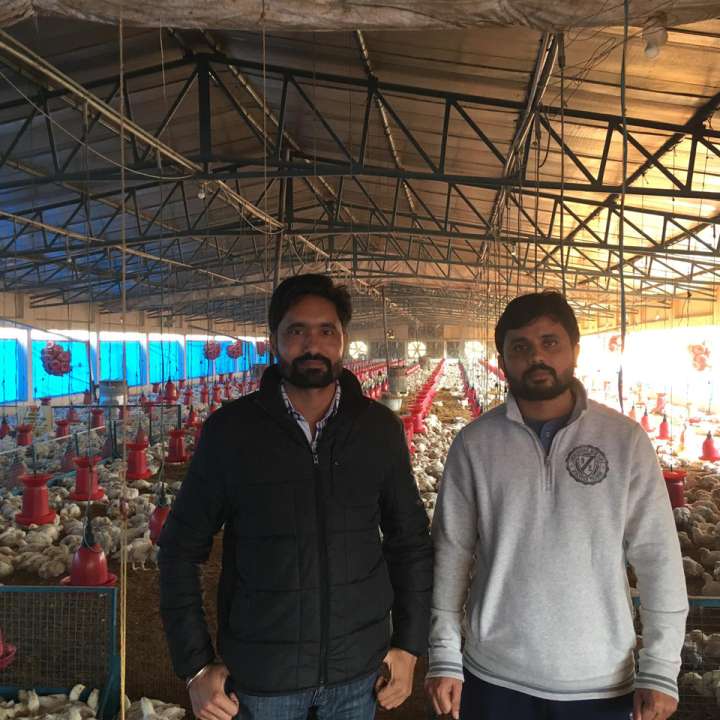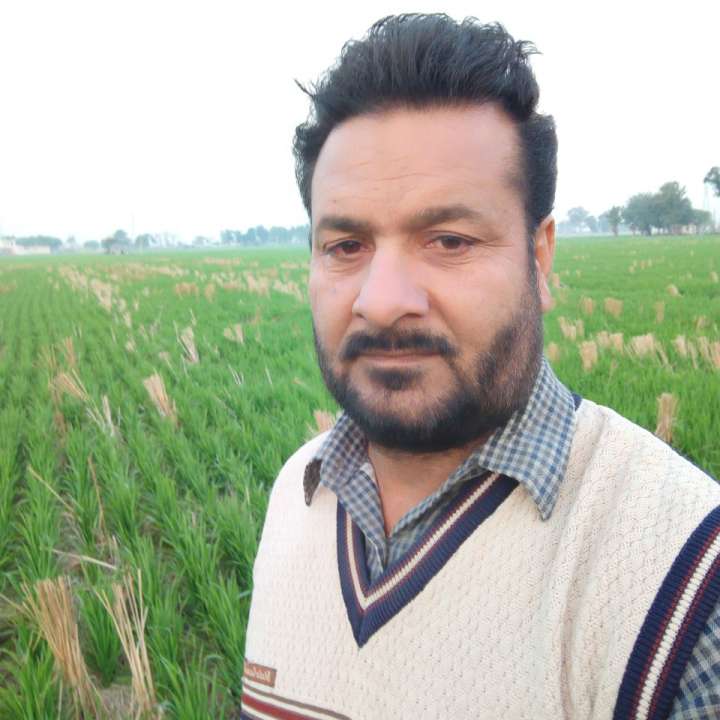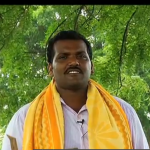How Sandhu Brothers Continues the Family Saga & Hatches Poultry Business to New Heights
This is not just a story related to chickens and eggs. This is a story of brothers’ strong determination which turned their small family venture into a multimillionaire project, even after facing many hurdles.
Well, who knew that poultry farming started as a side business two decades ago by a small ordinary farmer – Mukhtiar Singh Sandhu, will turn up into a great success by their coming generation.
This is a matter of 1984 when Mukhtiar Singh Sandhu decided of investing in poultry business along with farming. Mr. Sandhu recognized poultry business as a good source of alternative income, and for the growing needs of the family, he felt it was a best option to pursue along with agriculture. He started with 5000 broiler chicks and slowly with the time and money flow he expanded it.
As the time passed by, Mukhtiar Singh did his best and gave the best education to his children. And in 1993, his nephew Ravinder Singh Sandhu (Laddi) decided to enter his uncle’s business and decided to expand broiler business to new heights.
In the year of 2003 – 2004, bird flu outbreak caused a major loss to the poultry industry. Poultry farmers threw their chickens in the river and they were left with nothing. No one dared to start with the poultry venture again. Sandhu Poultry also faced major hit back. But Ravinder Singh Sandhu was very resolute and he wanted to make his business stand again at any cost. He was a little scared also that this industry may get shut down, but nothing stood in between his determination and goal. He took a loan from the bank and started his poultry farm again.
“The reason behind starting the poultry business again was that my uncle (Mukhtiar Singh Sandhu) was much attached to this business, as he was the first person who laid the first brick of this business.Moreover, in our family, every education expense (primary to higher education) and family expense of every single member is taken care through this business only. Today, one of my sisters is working as a government officer in California; another sister is a government lecturer in a government high school in Karnal; a few years back Shahtaj Singh (cousin brother of Ravinder Singh) completed his Masters in Mechanical Engineering from the University of Florida; Marriage expense of both daughter and son… everything was done from the income of this poultry farm.”
Very few people started their poultry business again and Ravinder Singh Sandhu was one of them. After the revival period, Sandhu Poultry Farms came back with a great holler and made a good profit in the poultry business.
Till 2010, Ravinder along with his uncle expanded the farm productivity to 2.5 lakh chickens. In the same year, they also established a hatchery with the capacity of 40,000 birds, from which they started getting 15000 birds on an average daily.
In 2012, after completing his studies, Shahtaj Singh Sandhu joined his cousin brother (Ravinder aka Laadi) and father (Mukhtiar Singh) in poultry business. Earlier they used to buy the feed from other companies but after some time, both the brothers took Sandhu Poultry Farm to new heights and established Sandhu Feeds. Both – Sandhu Poultry Farm and Sandhu Feed are registered under the authorized organization.
Currently, they have 7-8 units of poultry farms spread in 22 acres, hatchery in 4 acres, feed plant in 4 acres and crop farm in 30 acres, situated at Jind Road, Assandh (Haryana). To give their farm surrounding a green landscape and fresh environment, they have planted more than 5000 trees. 2 people are assigned to properly manage the feed plant and other than that there are 100 workers employed for the functioning of the poultry farm, out of which 40 are official workers.
When it comes to the hygiene and farm conditions, then it is always maintained under the strict supervision of Sandhu Brothers. After the clearance of every batch of birds, the whole poultry farm is washed and cleaned properly and then a thick layer (3 – 3.5 inch) of rice husk is spread over the ground to provide a fresh and dry atmosphere to the chicks. Temperature maintenance is another factor which plays important role in running the poultry farm, so they have installed coolers for proper air ventilation in summer season and furnace for maintaining warmness inside the poultry during winter seasons.
“A little negligence can lead to huge loss, so we always prefer to maintain the hygiene and healthy condition of the chicks. We refer government veterinary hospital and sometimes special poultry hospitals. Charges are very nominal.”
Marketing
Ravinder Sandhu with 24 years of experience and Shahtaj Sandhu with 5 years of experience in poultry industry have fabricated a strong marketing network in their own state as well as in the neighbouring states like Punjab, Uttar Pradesh and Rajasthan. They sell birds and chicks feed in Haryana, Punjab, Uttar Pradesh and Rajasthan through different dealers and sometimes directly to farmers.
“If anyone is interested in starting a poultry farm then the ideal way to do it, is with minimum 10,000 birds. Initially, it costs Rs. 200 per bird and Rs. 130 to raise a bird. Approximately you can say that expenses will be in between 30 – 35 Lakh and if the farm is rented then it is 13 -1400000 for a batch of 10000 birds.” – Says the ambitious Sandhu Brothers.”
“Expanding farm and raising more birds was already on the checklist but the new thing which we are planning to do in the future is – investment in the business of retailing poultry products.”
Both the brothers with their unmatchable strong bond of brotherhood have taken their family business to new heights and they will continue it in the future also.
“
Poultry business is a good alternate source of income in which farmers must invest if they want to earn good profit along with farming. There are few things that every poultry farmer must take care if they want to continue successful poultry business, like hygiene condition, temperature maintenance, and good quality chicks and feed.
”









